Lastovo Island of Stars Project Being Revived with Astronomical Activities
February 22, 2021 – The Croatian Astronomical Union is reviving the project "Lastovo Island of Stars" by measuring the night sky quality and organizing astronomical activities for citizens and tourists.
After ten years, Dorian Božičević, Secretary-General of the Croatian Astronomical Union, visited Lastovo again. Together with Diana Magdić, Deputy Director of the Lastovo Tourist Board, at whose invitation he arrived, they visited potentially interesting Lastovo locations for astronomical observations and the installation of cameras to monitor Croatian, i.e., the Global Meteor Network's meteors.
Lastovo – Croatia's next dark sky park?
For Lastovo to apply for the International Dark Sky Park status, they agreed on further cooperation to start measuring the night sky quality. Besides, they decided to organize astronomy activities for citizens, tourists, and children.
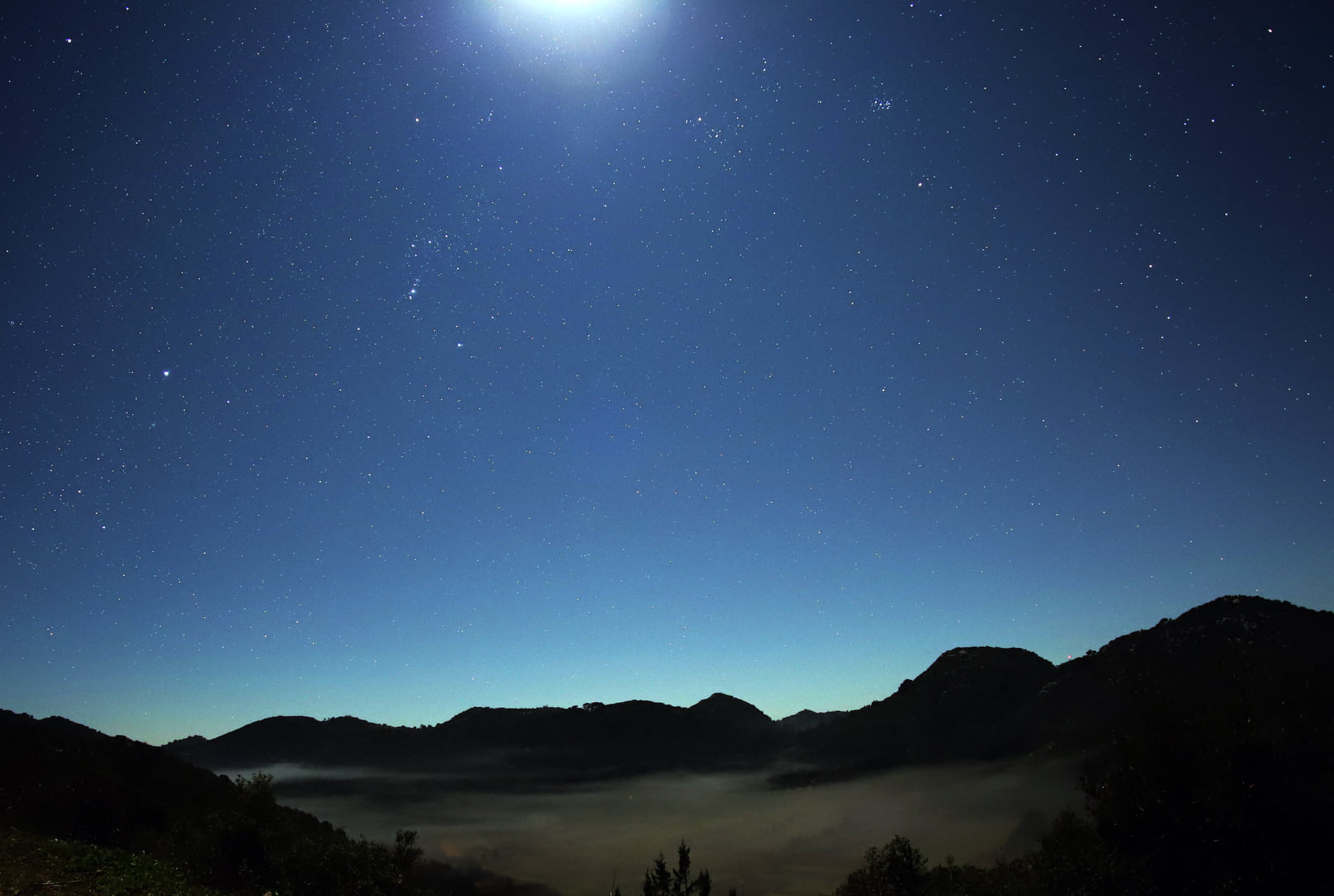
Winter sky over Prgovo / Dorian Božičević, Lastovo Tourist Board
By official definition, the dark sky park label is awarded to protected nature areas with extremely dark skies full of stars. Two places in Croatia hold this label – Petrova Gora in Banovina and Vrani Kamen on Papuk. Also, Jelsa on Hvar is well on its way to becoming the third dark sky park in Croatia, and it seems like Lastovo could potentially be the fourth.
Božičević and Magdić hope for the cooperation of all institutions on the island so that the project "Lastovo Island of Stars" really comes to life. They also plan to hold a meeting with the Lastovo Islands Nature Park's representatives and the Municipality of Lastovo.
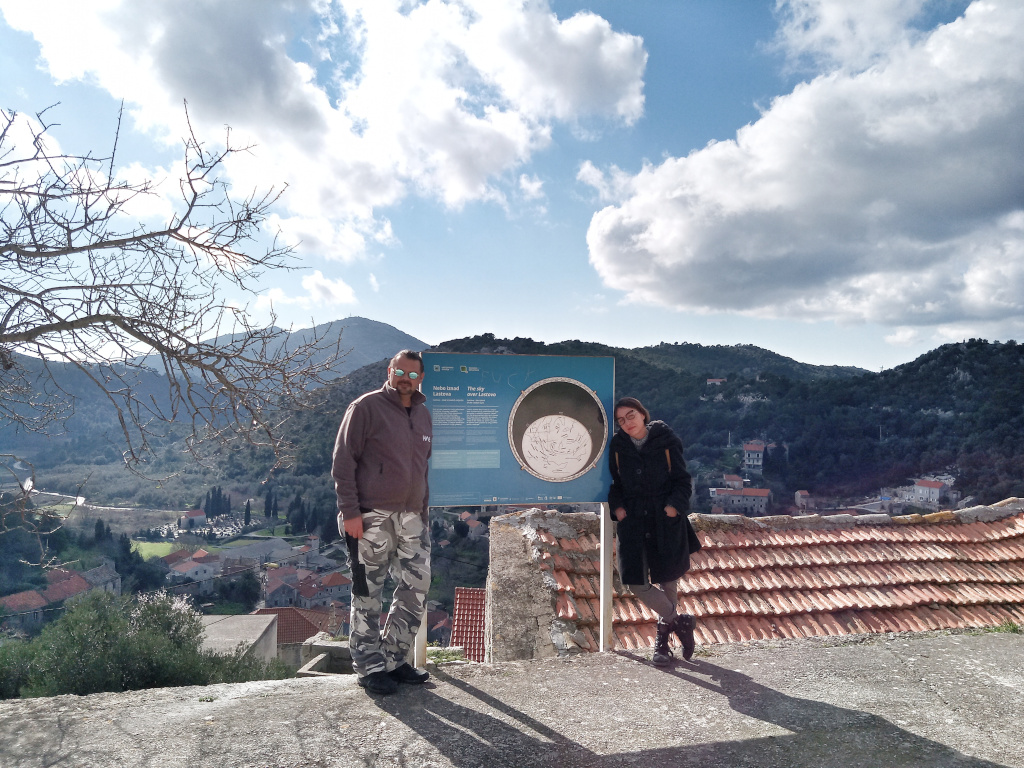
Dorian Božičević and Diana Magdić with a rotating map of the sky in Lastovo / Croatian Astronomical Union
Their goal is to bring astronomy to life in Lastovo's tourist offer and to ensure continuous extracurricular activities in astronomy for children and youth.
First Croatian municipality with ecological lighting
The Croatian Astronomical Union recalled that from 2008 to 2010, the International Conference on Dark Sky Parks had been held in Lastovo. However, due to a lack of financial resources and some other circumstances, the project stalled with development.
At that time, Lastovo began the reconstruction of public lighting. Little is known that Lastovo was the first local government in Croatia with completely ecological lighting, even before the adoption of regulations on protection against light pollution.
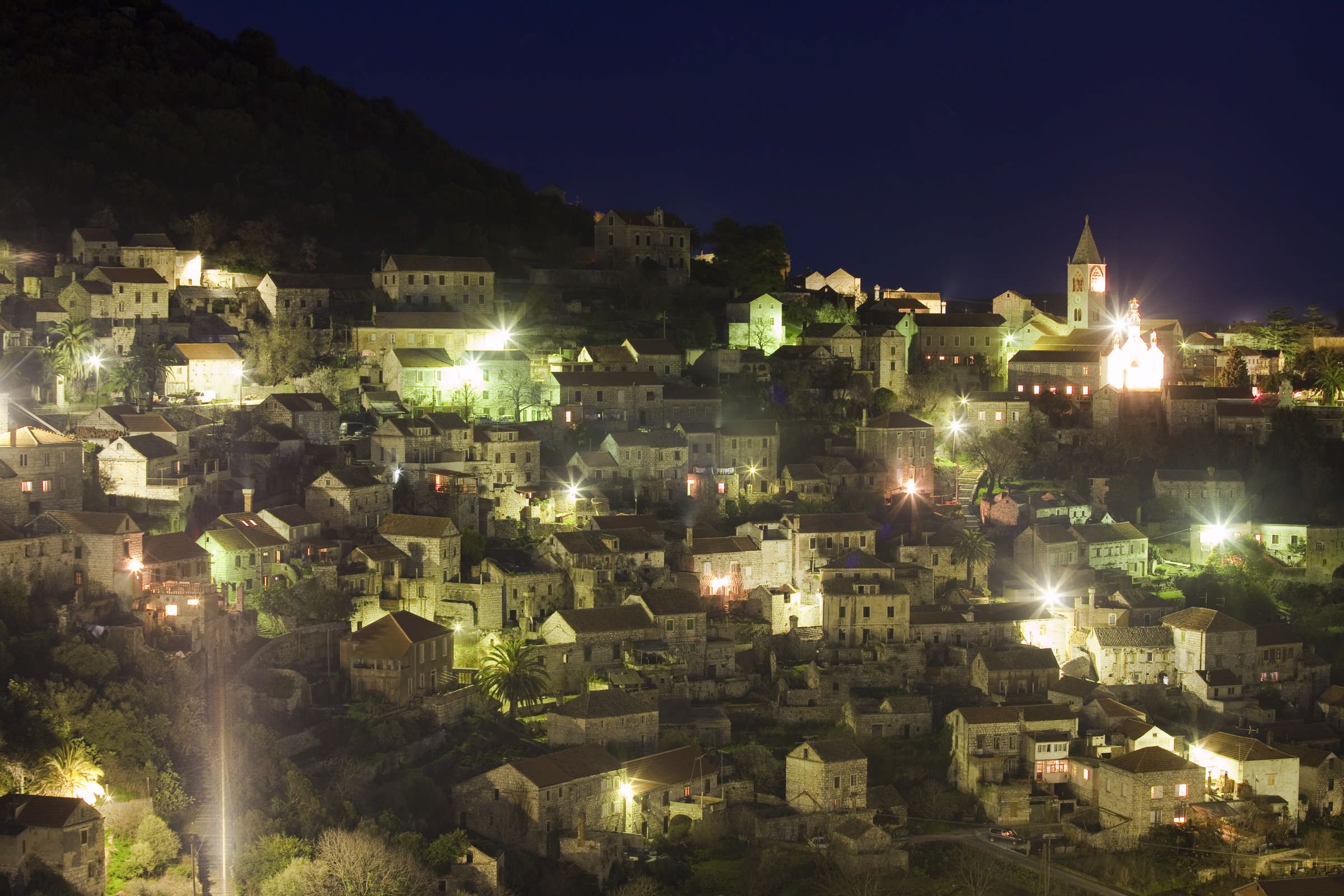
Lastovo / Romulić and Stojčić
In 2010, a workshop in astronomy for elementary school students was organized on Lastovo. Then, the initiative for the establishment of the astronomical society Lastovo was also launched, as well as the initiation of the International Dark Sky Park proclamation.
Stargazing as a symbol of Lastovo
Lastovo is the most distant inhabited Croatian island, and thanks to the distance from the mainland and pollution, stargazing here leaves you breathless.
The town of Lastovo, also the only settlement on the Lastovo island, is an old medieval settlement rich in history. Hills surround it with amazing views of the surrounding fields and the crystal clear sea. In addition to the dark Lastovo sky, the symbol of Lastovo are the richly decorated chimneys, the so-called "fumari," which adorn Lastovo's family houses from the 15th and 16th centuries.
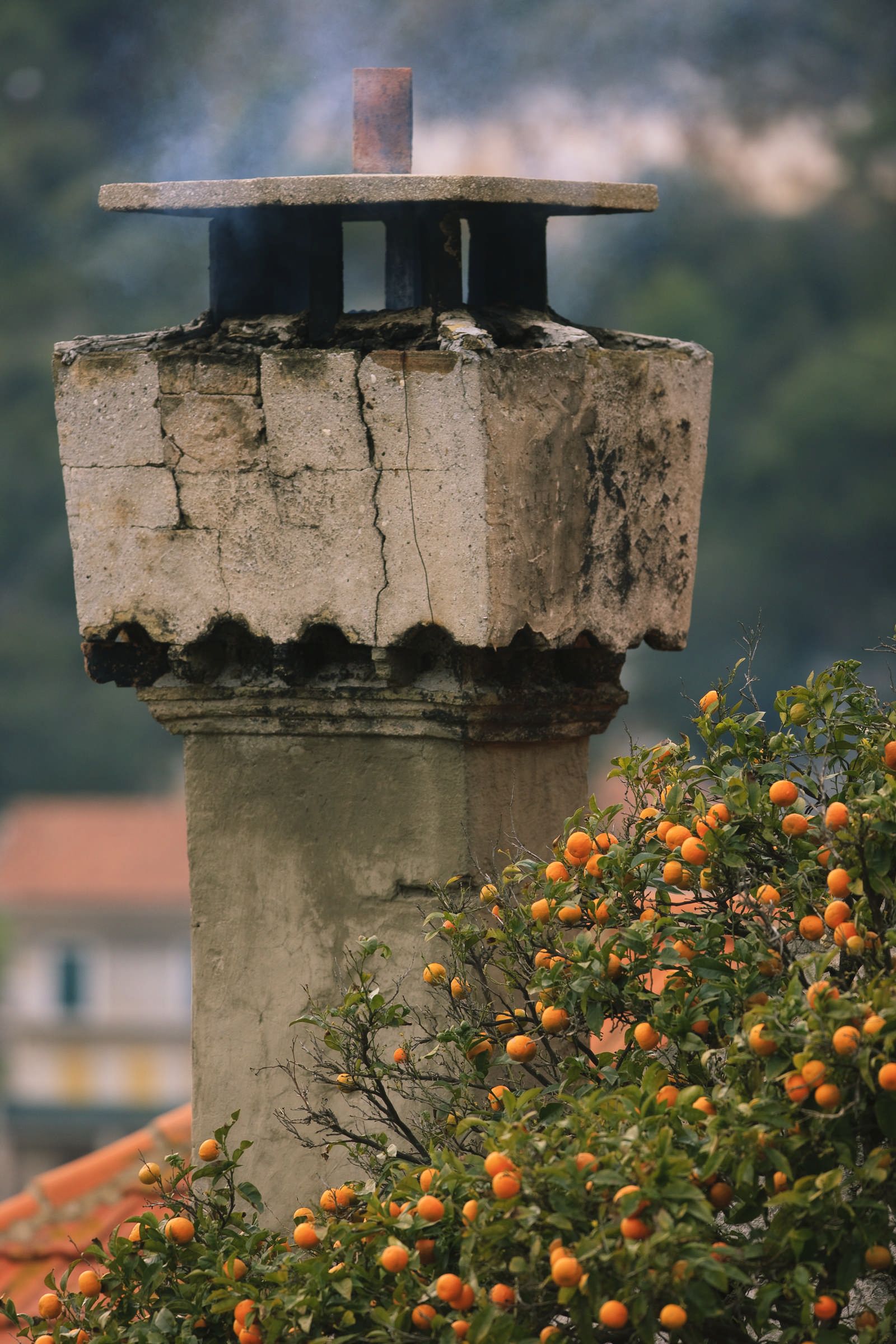
Lastovo's chimney - "fumar" / Romulić and Stojčić
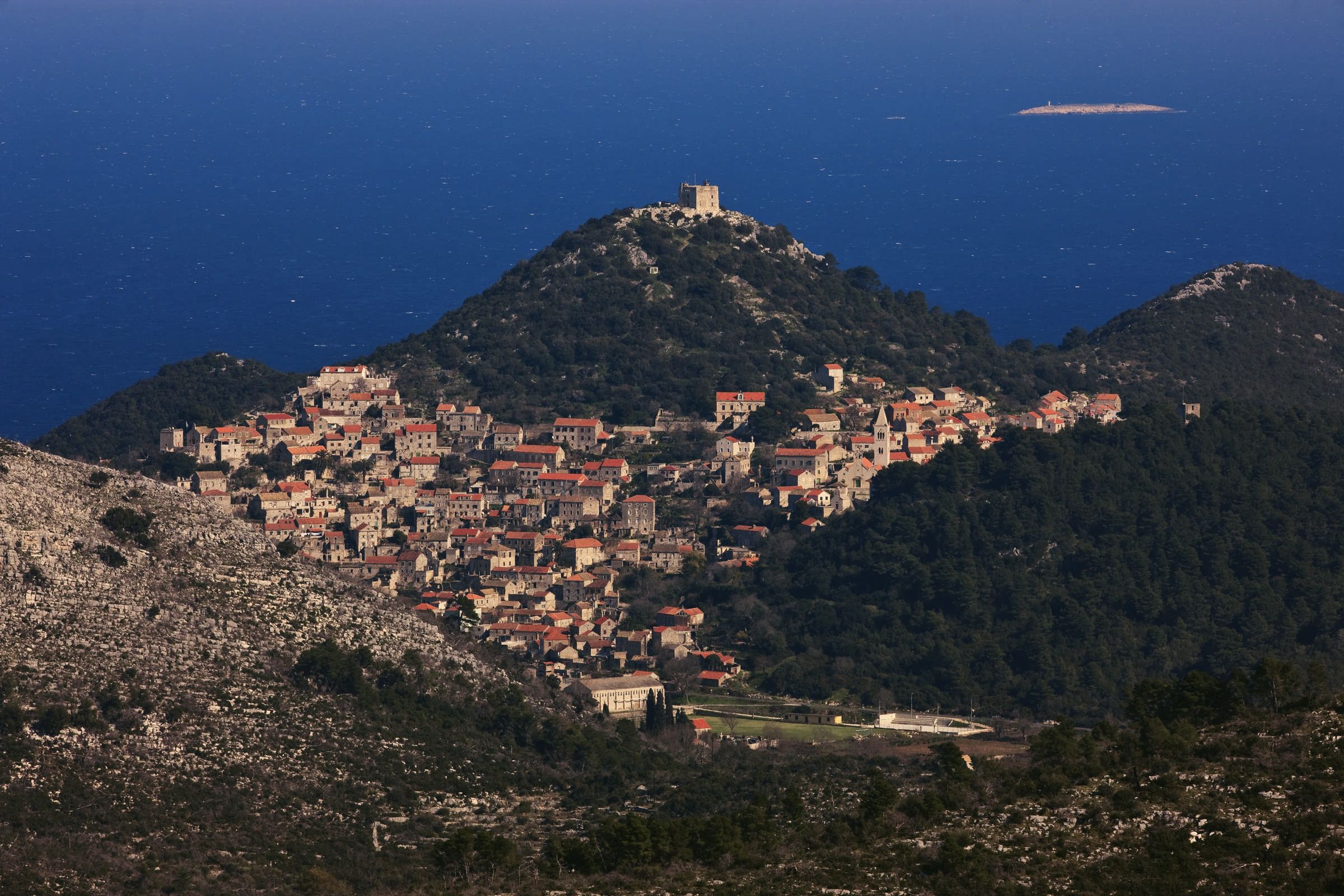
The town of Lastovo / Romulić and Stojčić
For the latest travel info, bookmark our main travel info article, which is updated daily.
Read the Croatian Travel Update in your language - now available in 24 languages.
Astro Tourism on Hvar: Jelsa To Be First Dark Sky Community in Croatia
December 27, 2020 – In an effort to develop astro tourism on Hvar, a meteor camera and meteorological station were set up in the abandoned settlement of Humac near Jelsa. Jelsa will thus become the first internationally recognized Dark Sky Community in Croatia.
As Turističke priče reports, the Municipality of Jelsa, the Tourist Board of Jelsa, and the Croatian Astronomical Society participate in creating an astro-tourist offer on the island of Hvar.
Meteor camera recorded 125 meteors in the first night
The first activity, public observation with a telescope, was carried out in August. Later, a small school of astronomy was organized for primary school students.
Now the Croatian meteor camera (i.e., the Global Meteorological Network) and the meteorological station on Humac have been completed. The work was quite demanding because first, a pole, solar power supply, and mobile internet had to be installed, then a meteor camera and meteorological station.
The meteor camera recorded 125 meteors on the first night of filming, of which 72 belonged to seven known meteor swarms. The most numerous were meteors from the radiant in Coma Berenices, 12 in total.
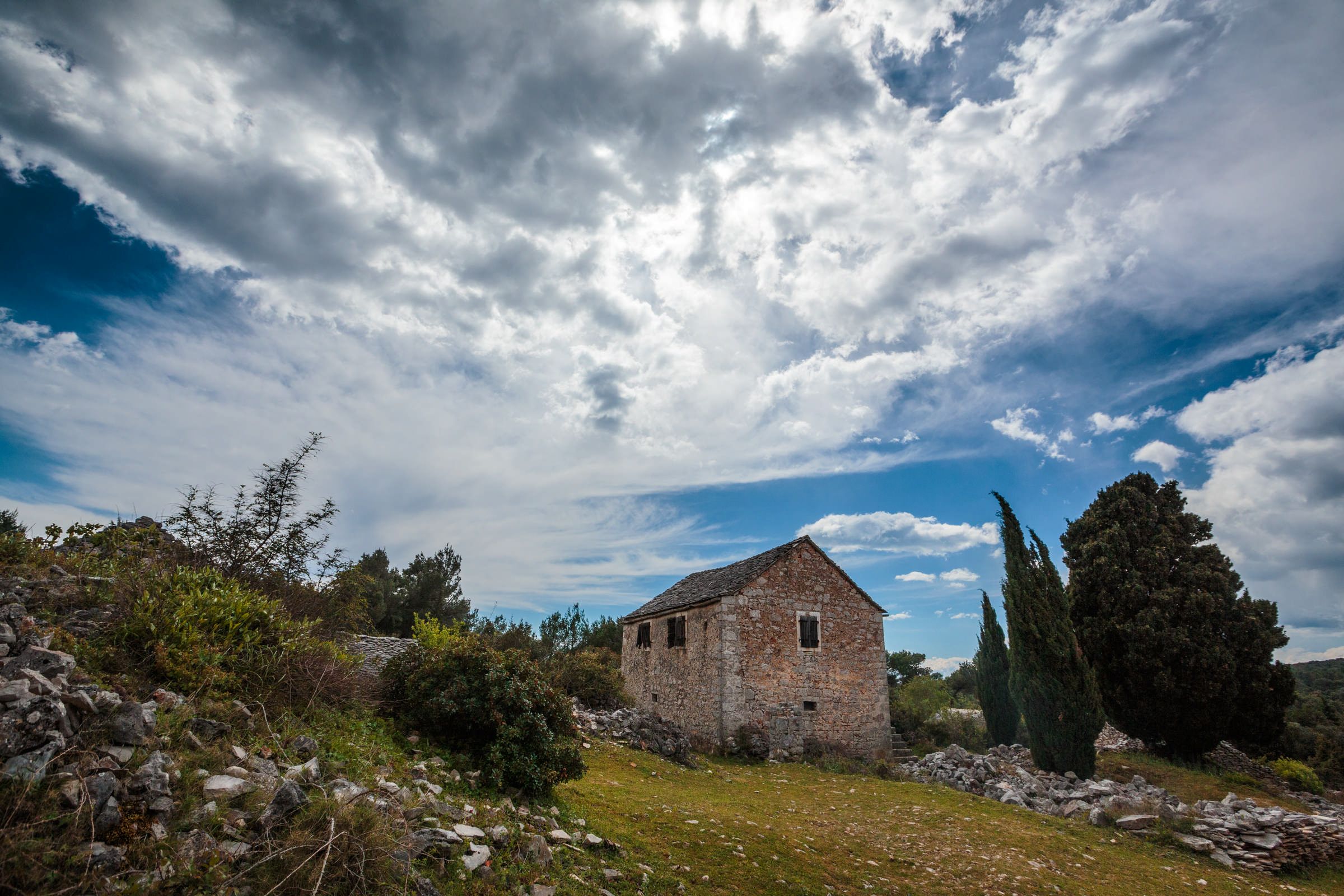
Humac is a former pastoral settlement, founded in the 17th century, located 7 km away from Jelsa, at 350 m above sea level / Photo: Romulić and Stojčić
The meteor camera in Humac can be followed on the pages of the Global Meteor Network, and the meteorological station on the Weather Underground and Weather Cloud services.
Activities are also aimed at declaring the Municipality of Jelsa the first international Dark Sky Community in Croatia and the area of Humac an International Dark Sky Park.
What is Dark Sky Park, and what Dark Sky Community?
The Dark Sky Park label is awarded to protected nature areas with extremely dark skies full of stars. According to the International Dark-Sky Association, an American non-profit organization, parks are spaces protected for natural conservation that implement good outdoor lighting and provide dark sky programs for visitors. The parks also run programs to popularize astronomy, educate the public on light pollution, and actively promote and preserve the night sky for current and future generations.
In Croatia, the first International Dark Sky Park is the one on Petrova Gora. Unfortunately, its future is questionable due to the light pollution caused by the tower with intense lighting, set up at the same location. At the end of last year, Vrani Kamen on Papuk was declared a second International Dark Sky Park. It is expected that the area of Humac near Jelsa on Hvar will be the third Dark Sky Park in Croatia.
Unlike the park, the Dark Sky Community represents a village, town, or municipality that has shown exceptional dedication to preserving the night sky by implementation and enforcement of a quality outdoor lighting ordinance, dark sky education, and citizen support of dark skies. Communities excel in promoting responsible lighting and dark sky stewardship and set good examples for surrounding communities.
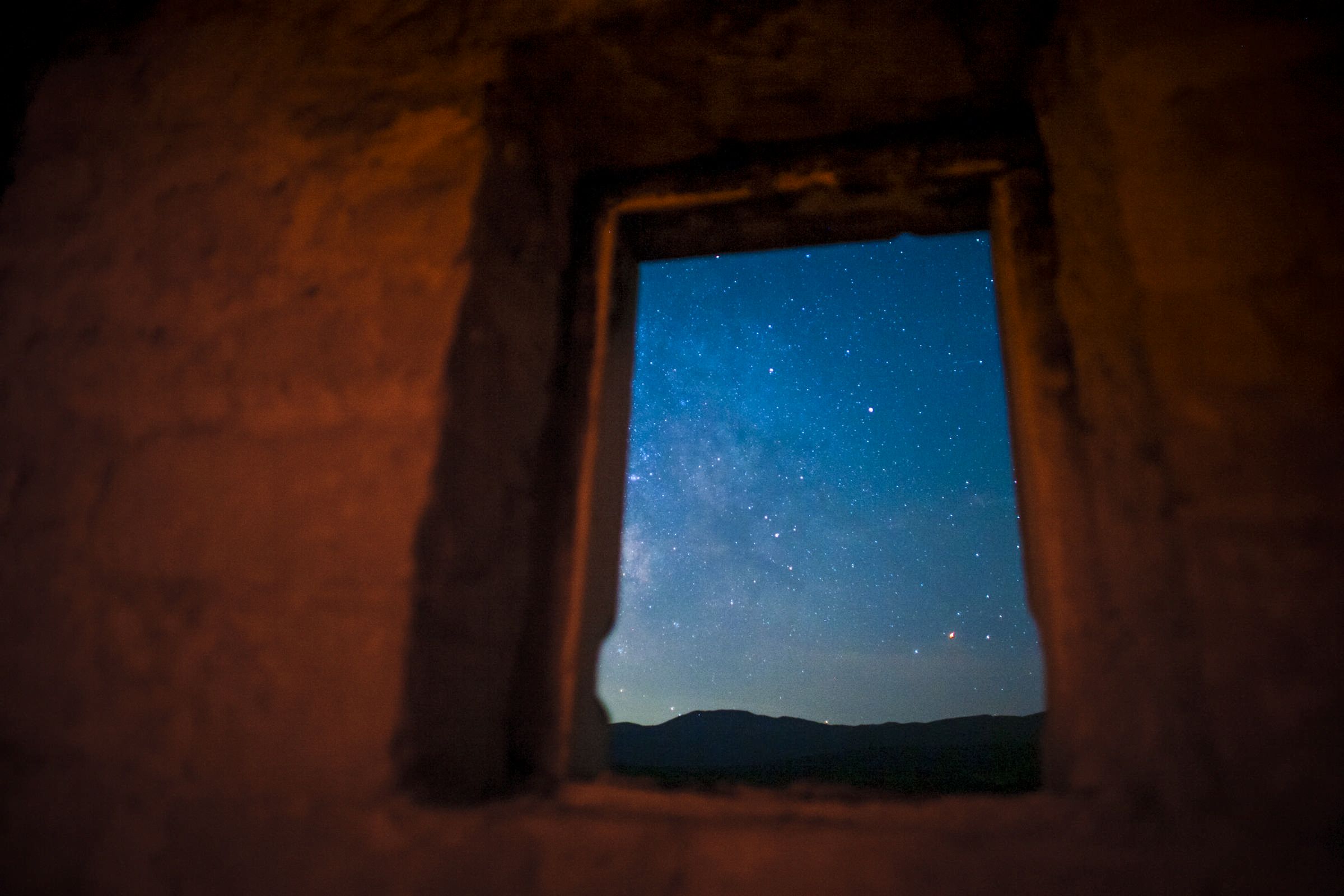
Dark starry Croatian sky / Photo: Romulić and Stojčić
Dark Sky Park as a tourist product?
Astro tourism is not yet developed, but it is one of the fastest-growing branches of tourism.
As HRturizam reports, although it is currently a small global community, dark sky tourism is growing and will only have rapid growth due to the coronavirus pandemic. Lonely Planet, CNN, and many others included dark sky tourism in the upcoming trends back in 2019.
Both Dark Sky Park in Humac and Dark Sky Community in Jelsa are of excellent quality and different tourist products. It is yet to be seen how this story is developed, presented, and sold.
For the latest travel info, bookmark our main travel info article, which is updated daily.
Read the Croatian Travel Update in your language - now available in 24 languages.


